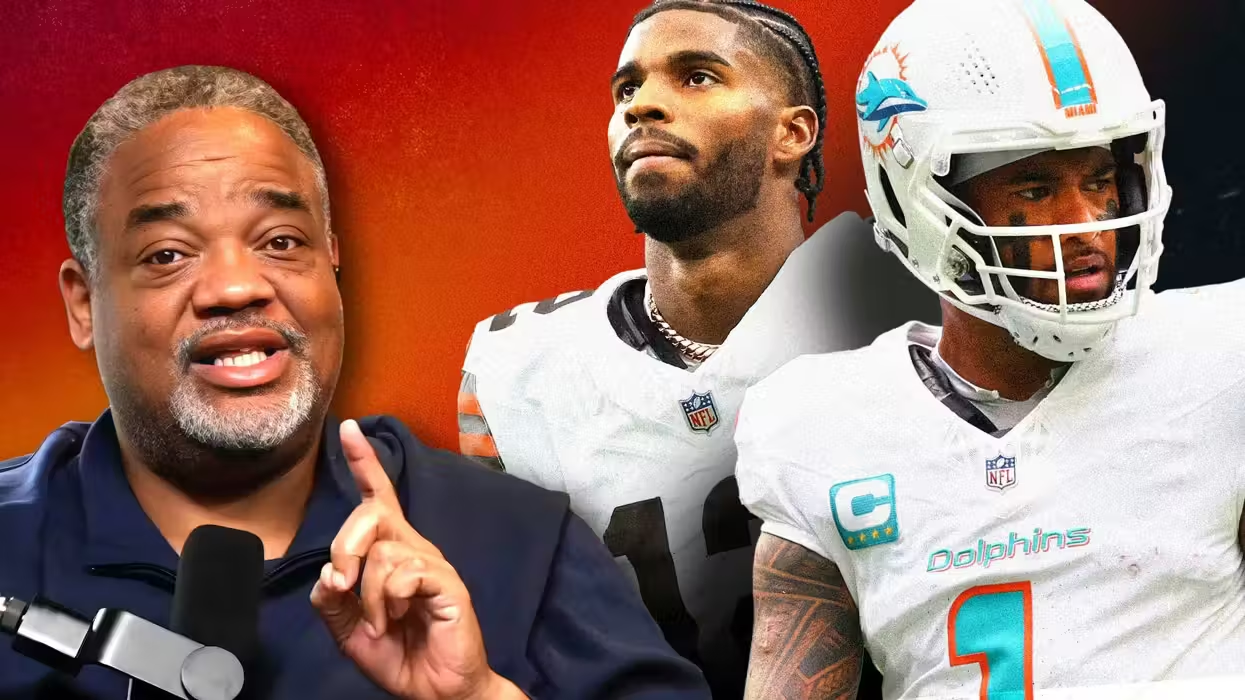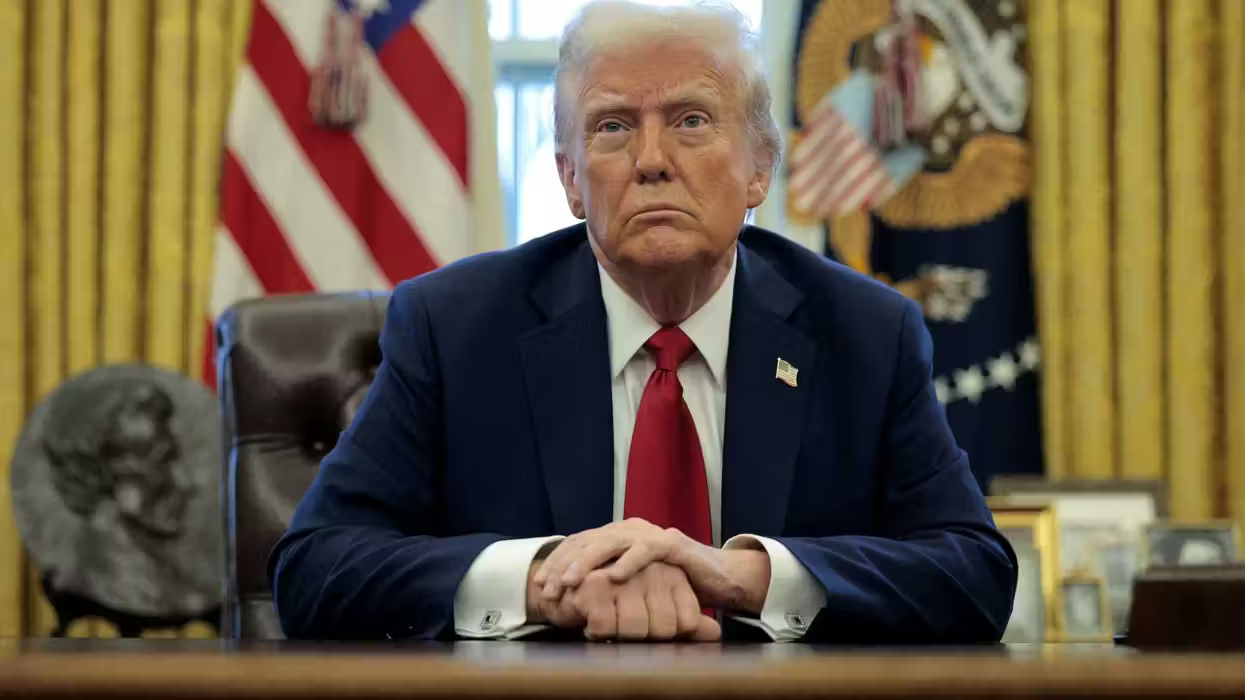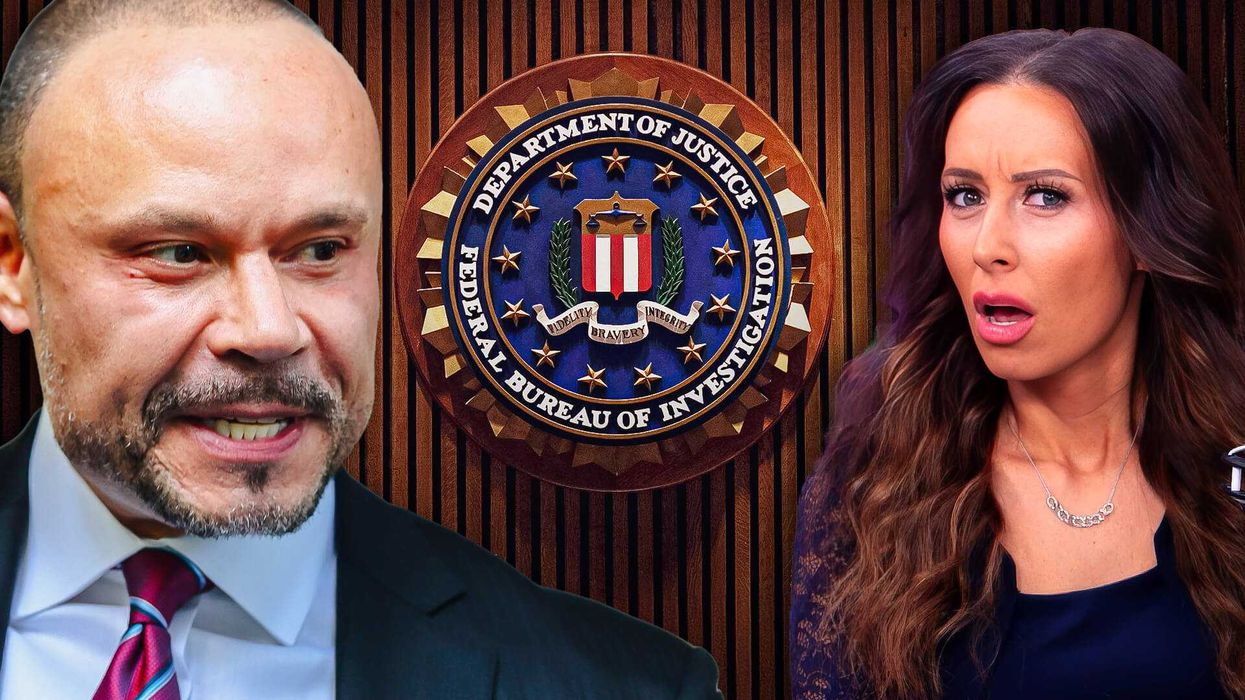White House chief of staff John Kelly gave a detailed statement about what happens to fallen servicemen and women, and defended President Donald Trump’s conversations with Gold Star families Thursday during remarks to reporters at a press briefing.
Kelly’s remarks followed Florida Democratic Rep. Frederica Wilson’s claim that Trump was disrespectful to the widow of an Army sergeant who was killed during an attack in Niger earlier this month.
What did Wilson say?
Politico reported that Wilson told reporters this week that Trump told Myeshia Johnson, Sgt. La David Johnson’s widow, in a phone call that her husband knew what he signed up for. Wilson called the remark insensitive.
Johnson’s mother, Cowanda Jones-Johnson, told The Washington Post that “President Trump did disrespect my son and my daughter and also me and my husband.”
What did Kelly say?
Kelly, whose son, 2nd Lt. Robert Kelly, was killed in Afghanistan in 2010 at the age of 29, said most Americans don’t know what takes place after a service member dies in combat.
“Their buddies wrap them up in whatever passes as a shroud, puts them on a helicopter as a routine and sends them home,” he said, adding:
Their first stop along the way is when they are packed in ice, typically at the airhead, and then they’re flown to usually Europe, where they’re then are packed in ice again and flown to Dover Air Force Base, where Dover takes care of their remains, embalms them, meticulously dresses them in their uniform with the metals that they've earned, the emblems of their service and then puts them on another airplane linked up to the casualty officer escort that takes them home.
Kelly said that a casualty officer will then visit the service member’s next of kin, where they will “break the heart of a family member and stays with that family until, well for a long, long time, even after the internment.”
He said that he was “stunned” and “brokenhearted” when he saw the controversy surrounding Trump’s phone call, and blasted Wilson’s comments.
“A member of Congress who listened in on a phone call from the president of the United States to a young wife, and in his way tried to express that opinion that he’s a brave man, a fallen hero,” Kelly said. "He knew what he was getting himself into because he enlisted — there's no reason to enlist, he enlisted — and he was where he wanted to be, exactly where he wanted to be with exactly the people he wanted to be with when his life was taken. That was the message. That was the message that was transmitted."
Kelly added, "It stuns me that a member of Congress would've listened in on that conversation. Absolutely stuns me. And I thought at least that was sacred."
Kelly said phone calls to Gold Star families by the president are “about the most difficult thing you could imagine.”
"There's no perfect way to make that phone call, when I took this job and talked to President Trump about how to do it, my first recommendation was he not do it because it's not the phone call that parents, family members are looking forward to," Kelly said. “It’s nice to do in my opinion, in any event.”
Kelly said that former President Barack Obama did not call his family after his son’s death.
“That was not a criticism,” Kelly said, adding that presidents generally write letters rather than call.
Kelly said Trump “bravely” decided to call anyway.
“He called four people the other day and expressed his condolences in the best way that he could,” Kelly said.
Becoming emotional, Kelly said he told Trump what his best friend told him in the wake of his son’s death.
"He said, 'Kel, he was doing exactly what he wanted to do when he was killed. He knew what he was getting into by joining that 1 percent. He knew what the possibilities were, because we're at war,'" Kelly said. "And when he died — in the four cases we're talking about in Niger and my son's case in Afghanistan — when he died, he was surrounded by the best men on this Earth, his friends. That's what the president tried to say to four families the other day."
Kelly expressed frustration with the story, saying, “When I was a kid growing up, a lot of things were sacred in our country.”
“Women were sacred and looked upon with great honor. That's obviously not the case anymore as we've seen from recent cases,” Kelly said, alluding to recent allegations of sexual assault in Hollywood and other industries. “Life — the dignity of life — was sacred, that's gone. Religion, that seems to be gone as well. Gold Star families, I think that left in the convention over the summer. I just thought the selfless devotion that brings a man or a woman to die on the battlefield I just thought that that might be sacred.”
Kelly said he spent an hour and a half in Arlington National Cemetery to collect his thoughts “among the finest men and women on this earth.”
“Went over there for an hour and a half, walked among the stones, some of whom I put there because they were doing what I told them to do when they were killed,” he said.
Kelly again hit “the selfish behavior by a member of Congress.”
“So I still hope as you write your stories and I appeal to America that let's not let this maybe last thing that's held sacred in our society, a young man, young woman going out and giving his or her life for our country, let's try to somehow keep that sacred,” he said.







